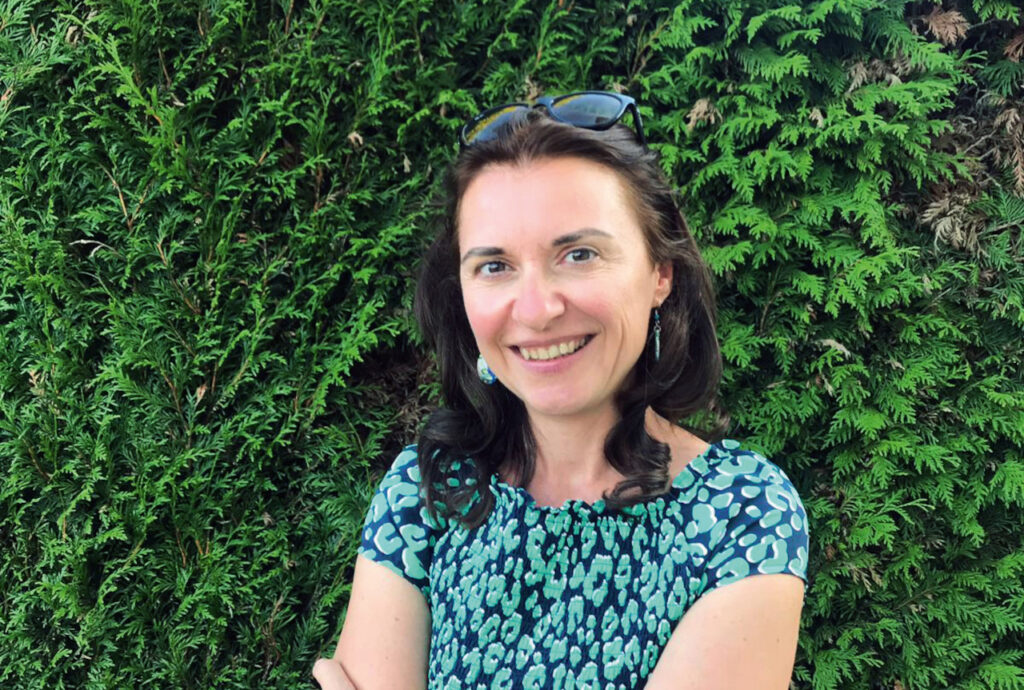[LUM#11] Taking on the challenge of e-health
Almost twenty years after the emergence of digital technology in the hospital sector, the results of electronic patient records remain mixed. A tool designed to facilitate the work of healthcare professionals, its use has not yet been optimized, as explained by Roxana Ologeanu-Taddei, a researcher in management sciences and co-head of research at the E-health Chair of the University of Montpellier Foundation.

In hospitals more than anywhere else, access to information can be a matter of life and death. Electronic health records (EHRs) allow all information relating to patient care to be centralized on a single interface. Medical history, current treatments, prescriptions, clinical tests, etc. In short, information sharing between departments is just a click away, which could guarantee healthcare professionals "real time savings in finding relevant information and, ultimately, better care for the patient, " explains Roxana Ologeanu-Taddei, a researcher at the Montpellier Management Research Laboratory (MRM) and a teacher at Polytech.
An international issue
Since 2013, this information systems specialist has been supporting healthcare professionals in the use of EHRs by providing them with "actionable knowledge, i.e., knowledge that is useful in practice." This support is necessary because, despite its many advantages,"the use of electronic health records remains well below its potential," notes the researcher, who spent several months observing doctors at Montpellier University Hospital.
The main obstacle to the use of this technology is the lack of "interoperability," or compatibility with the various software programs used by healthcare professionals, forcing them to re-enter their information multiple times. "Standards should be imposed on software publishers and monitored by a certification agency linked to the Department of Health, as is the case in the aeronautics industry, for example," recommends Roxana Ologeanu-Taddei.
Getting to grips with software
Another problem is that this software isn't very user-friendly, which can make it hard to find information." The interface would need to be highly customizable to meet the specific needs of different hospital departments, taking their practices into account," explains the researcher. In collaboration with two doctors from the university hospital, she now offers a university degree at the Montpellier-Nîmes Faculty of Medicine entitled Digital Transition in Healthcare.
Expectations related to telemedicine and e-health
Beyond DPI, the convergence of digital technology and healthcare is nevertheless giving rise to numerous promising projects in telemedicine. Roxana Ologeanu-Taddei is co-supervising two doctoral theses on the design and evaluation of two mobile applications, in partnership with doctors at Montpellier University Hospital. One concerns telerehabilitation, enabling the development of remote care. The other focuses on a digital card, Vigicard, for tracking and sharing information on drug allergies. "I am very enthusiastic about these new projects, which digital health research can inform to promote their success," she concludes.
Find UM podcasts now available on your favorite platform (Spotify, Deezer, Apple Podcasts, Amazon Music, etc.).